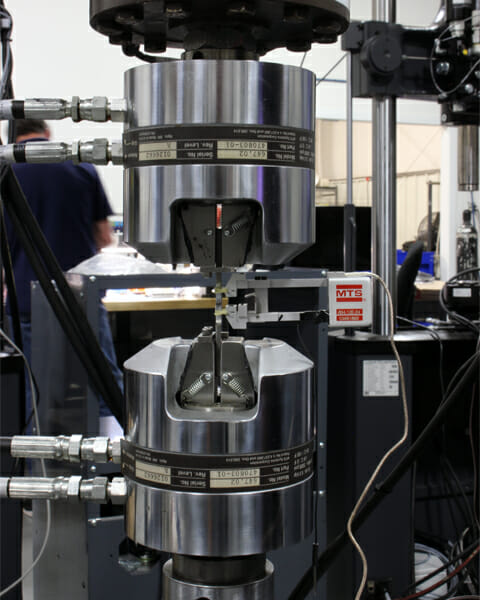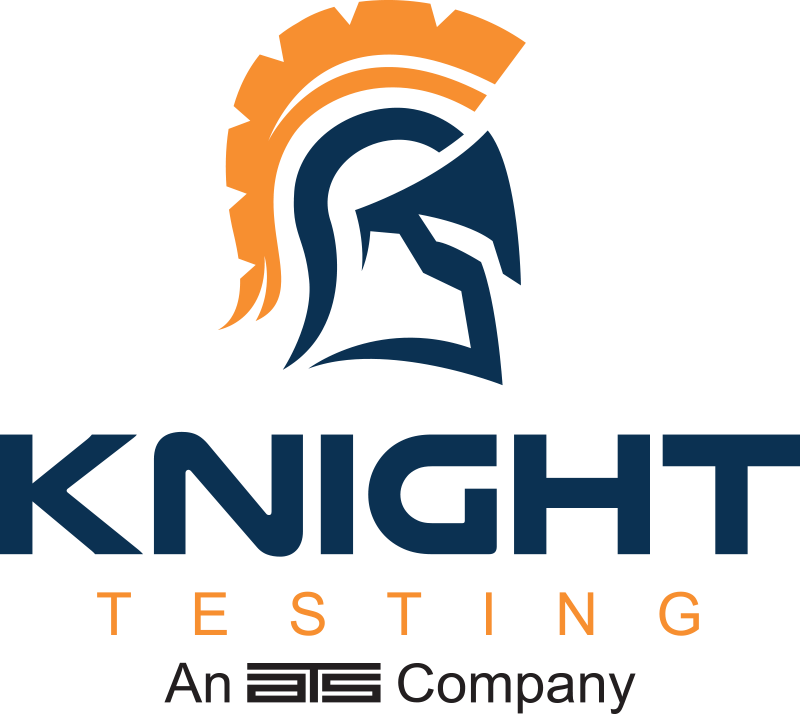Materials Testing
Materials Testing
Material testing can consist of performing a simple tensile or hardness test to a cyclic fatigue test.
A tensile test will determine the yield strength, ultimate tensile strength, elongation and the reduction of area. A cyclic fatigue test is used to determine crack initiation and to determine fatigue life as well as to validate new materials and processes. Fracture mechanics testing consists of 3 basic tests, LCF test for crack initiation, Fatigue Crack Growth Rate da/dN test for how fast a crack will grow before becoming unstable and a Fracture Toughness test to determine the stress intensity factor before the crack becomes unstable and there is a catastrophic failure.
Industries served include Aerospace, Medical Device, Oil & Gas and transportation. Understanding physical properties of materials and components provides for a more reliable and safer product.
- Tensile Testing
- Compression Testing
- Fracture Toughness
- Axial Fatigue (HCF and LCF)
You can learn more about our expansive list of materials testing services below or contact us for a fast quote today.

You can learn more about our expansive list of materials testing services below or contact us for a fast quote today.
Globally Accredited Testing Facilities
Click on the test name to view the test description and an example of test results.
- ASTM E8 — Tensile Testing of Metallic Materials
- ASTM E9 — Compressive Yield Testing of Metallic Materials
- ASTM E399 — Standard Test Method for Linear-Elastic Plane-Strain Fracture Toughness KIc of Metallic Materials
- ASTM E466 — Axial Fatigue — Constant Stress Amplitude
- ASTM E606 — Axial Fatigue — Constant Strain Amplitude
- ASTM B645 — Standard Test Method for Linear-Elastic Plane-Strain Fracture Toughness of Aluminum Alloys
- ASTM E1820 — Standard Test Method for Measurement of Fracture Toughness JIc
- Customer Request — Material Characterization — Determine the Fatigue Coefficients
